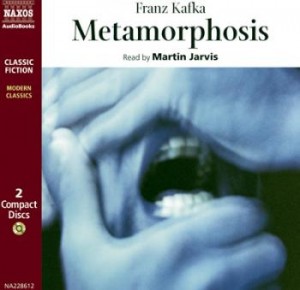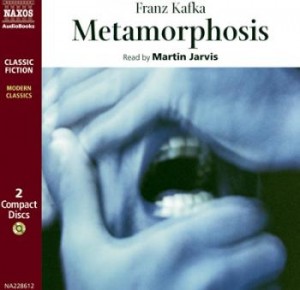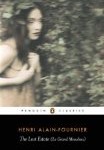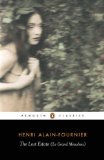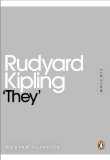
Rudyard Kipling is one of those authors I felt I should have read, but hadn’t until now. ‘They‘ is a collection of three of his short stories. The blurb states that they are very different from his novels and poems, being more sinister and macabre. This darker element really appealed to me, but unfortunately I didn’t find any of the stories particularly chilling – early 20th century fear is very different to that of the modern day!
They is the first story in the collection and it reminded me of The Turn of The Screw; or at least a shorter, more easy to follow version. The writing was of a very high quality and contained vivid imagery, but glimpses of ghostly children did nothing for me.
‘I heard that,’ she cried triumphantly. ‘Did you? Children, oh, children! Where are you?’
The voice filled the walls that held it lovingly to the last perfect note, but there came no answering shout such as I had heard in the garden. We hurried on from room to oak-floored room; up a step here, down three steps there; among a maze of passages; always mocked by our quarry. One might as well have tried to work an unstopped warren with a single ferret.
The rest of the stories were equally well written, but all succumbed to the problem I have with short stories – they were too short! I longed for some plot, instead of just brief scenes.
The second story in the collection is Mary Postgate. It was written during WWI and it has been suggested that it is anti-German propaganda, but this is a disputed topic among Kipling scholars. It should have been a disturbing tale, but I remained unmoved. The subtlety of the words meant that I appreciated it much more on a second reading, but this appears to be one of those stories which benefits from being studied and discussed rather than just read once for pleasure.
The third story is called The Gardener and I have to admit that on completing it I had no idea what the point was. I didn’t understand what had happened until I found these notes on a Kipling site. Even this insight didn’t help me to appreciate the story. It is another story that needs to be studied to be enjoyed and I’m afraid that I just like to read a story without having to tease the significance out of individual sentences.
Overall I can see why these stories are significant, but they were too subtle for me.

Have you read anything written by Rudyard Kipling?
His novels are supposed to be very different. Do you think I’d enjoy them?
They is one of the Penguin Mini Modern Classics (a series of 50 books launched on 15th February). They can be bought individually for £3 each or as the beautiful Penguin Mini Modern Classics Box Set.

